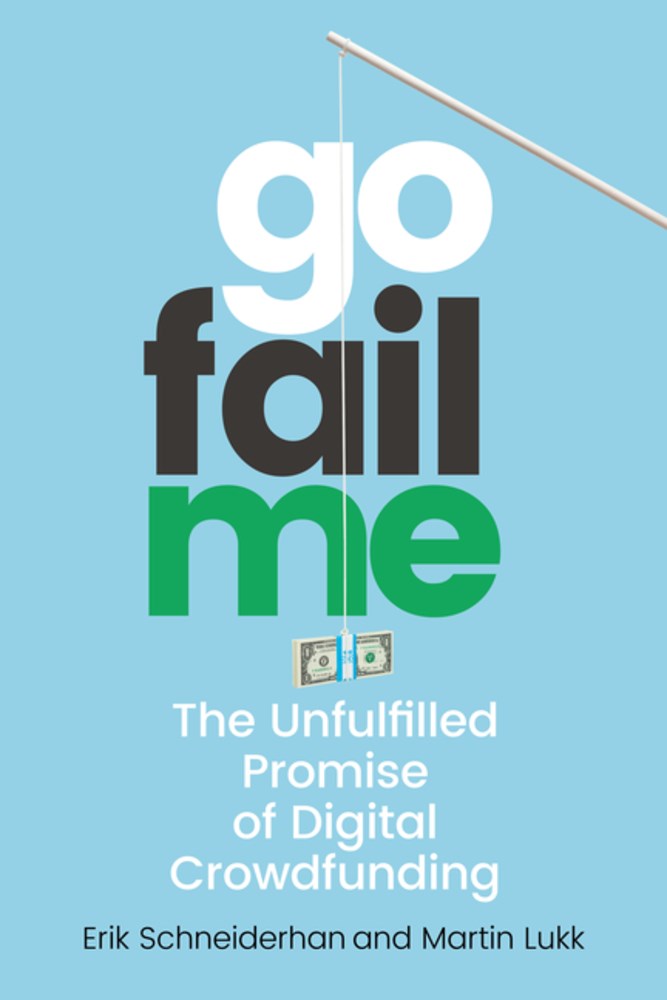Well-intentioned family members or friends sometimes turn to crowdsourcing to raise money for funeral costs after a tragic loss, for someone facing a life-threatening medical diagnosis, or for other unexpected situations. But lots can go wrong with this approach, according to Schneiderhan (sociology, Univ. of Toronto;
The Size of Others’ Burdens) and researcher Lukk. In their compelling, well-documented book, they examine thousands of crowdsourcing cases across Canada and the U.S. on websites like GoFundMe. Their book shows that sites like these often fail users and are rife with inequities that closely parallel the social problems that plague societies today. The authors present quantitative and anecdotal evidence that crowdsourcing platforms often involve behind-the-scenes manipulation that renders some sites more prominent than others; competition to write the best narrative or post the most heartrending photo; hidden costs to individuals who set up the accounts and to their donors; and, perhaps most prominently, the loss of privacy and emotional turmoil that inevitably follows. Still, Schneiderhan and Lukk believe that with greater thoughtfulness, transparency, pushback from users, and government oversight, crowdsourcing sites can be salvaged.
VERDICT For readers who are contemplating either setting up a crowdsourcing site or donating to one.




Comment Policy:
Comment should not be empty !!!